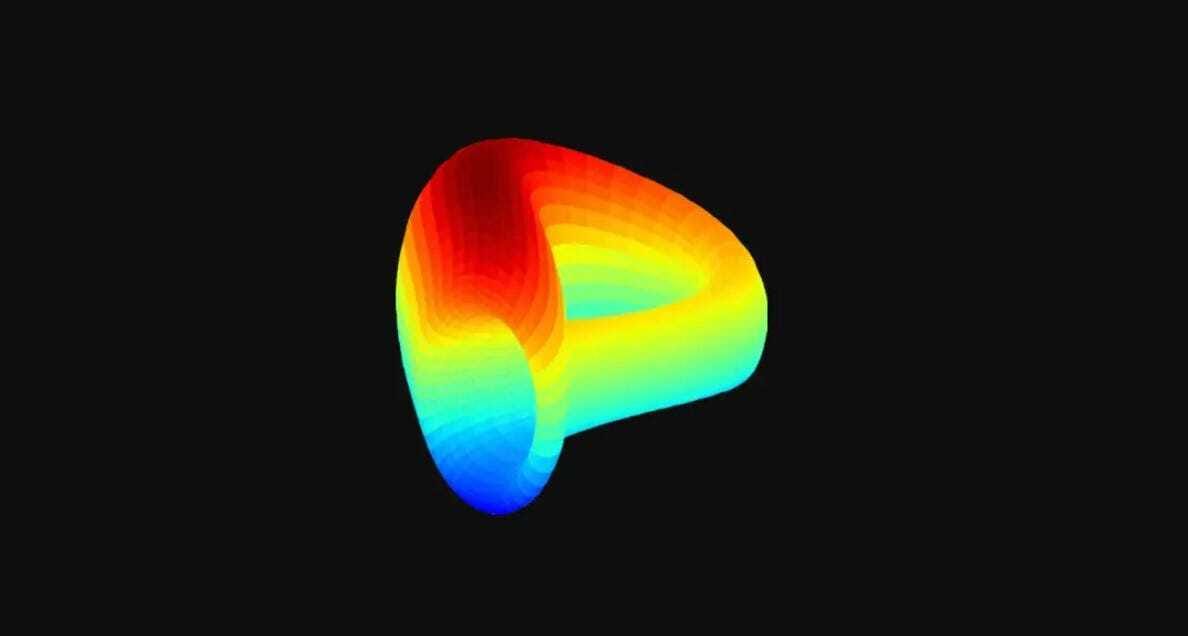- Robert's Newsletter
- Posts
- 📰 RFS DeFi Risk Intelligence Weekly
📰 RFS DeFi Risk Intelligence Weekly
DeFi Risk in 2025 — What’s Real, What’s Hype

Welcome to another edition of RFS DeFi Risk Intelligence Weekly!
Here’s whats new this week:
📊 RFS Protocol Heat Map – Week of June 9, 2025
Protocol | Risk Tier | Key Risk Flags | 7D TVL Change | Comments |
|---|---|---|---|---|
Curve Finance | 🟡 Moderate | DAO coordination risk, governance centralization | +1.2% | Curve USD expansion progressing; Vyper audit pending |
MakerDAO | 🟢 Low | Regulatory exposure via RWA | +0.6% | Peg remains strong; good risk controls |
Aave v3 | 🟢 Low | Smart contract risk remains minimal | +1.8% | Strong adoption across L2s |
GMX (v2) | 🟠 High | Oracle dependency, leverage risk | -2.1% | High volatility observed in GLP pools |
Frax Finance | 🟡 Moderate | Algorithmic elements + governance risk | -0.4% | Fraxlend TVL steady; new yield products under review |
Pendle Finance | 🟢 Low | Minimal systemic risk; modular | +3.9% | Surge in yield-bearing token trading |
📉 RFS Risk Scores (1–10 scale)
Protocol | Composite Score | Smart Contract Risk | Governance Risk | Liquidity Risk | Treasury Risk |
|---|---|---|---|---|---|
Curve Finance | 6.5 | 6.0 | 7.5 | 6.0 | 6.5 |
Aave v3 | 8.5 | 9.0 | 7.5 | 8.0 | 9.5 |
Frax Finance | 6.8 | 7.0 | 6.0 | 7.0 | 7.0 |
MakerDAO | 9.2 | 9.5 | 8.0 | 9.0 | 9.0 |
GMX (v2) | 5.2 | 5.0 | 5.5 | 4.5 | 6.0 |
🌊 Gemach Curve Pool Snapshot – Week of June 9, 2025
Pool: GMC/USDC (Curve Finance – Polygon v2)
TVL: $3.25M
APY: 13.7%
Slippage Risk: Low (<0.3% for $25K trades)
Peg Stability: Maintained at 1.001 (GMC to USDC)
Gauge Status: Gauge voting proposal submitted (pending)
Key Highlights:
✅ Curve integration complete with auto-rebalancing enabled | 🛡️ Peg defended using Gemach Treasury Buyback Buffer |
📊 Passive liquidity providers seeing consistent returns with minimized impermanent loss | ⛽️ Transaction fees on Polygon remain under $0.01 per LP operation |
💲Find Out More about our Liquidity Pool Below:
🧠 AMM Term of the Week: Concentrated Liquidity
Definition:
Concentrated liquidity is a mechanism used in Automated Market Makers (AMMs) like Uniswap v3 that allows liquidity providers (LPs) to allocate capital within specific price ranges, rather than across the entire price curve.
Why It Matters:
LPs can earn higher yields by focusing liquidity where trading activity is highest.
It introduces capital efficiency, making AMMs more competitive with order books.
However, it increases liquidity fragmentation and exposure to impermanent loss if prices move outside the specified range.
Risk Note:
Protocols using concentrated liquidity require more active LP management. Improper range settings can result in zero fees and high rebalancing costs, especially in volatile markets.
Looking for unbiased, fact-based news? Join 1440 today.
Join over 4 million Americans who start their day with 1440 – your daily digest for unbiased, fact-centric news. From politics to sports, we cover it all by analyzing over 100 sources. Our concise, 5-minute read lands in your inbox each morning at no cost. Experience news without the noise; let 1440 help you make up your own mind. Sign up now and invite your friends and family to be part of the informed.
🧠 Crypto & DeFi 101: A First-Time Trader’s Primer
Welcome to the gateway of a new financial system — one that’s open, programmable, and global.
If you’re just getting started with crypto or exploring DeFi (Decentralized Finance) for the first time, you’re in the right place. This space moves fast — but with the right guidance, you can navigate it with confidence!
🚀 What Is Crypto?
Cryptocurrency is digital money that operates without a central bank. It’s powered by blockchain technology, which acts as a secure, transparent public ledger.
Bitcoin (BTC): The original digital asset, often called digital gold.
Ethereum (ETH): A programmable blockchain for building apps and DeFi tools.
Stablecoins (USDC, DAI): Cryptos pegged to the U.S. dollar to minimize volatility.
🌐 What Is DeFi?
DeFi replaces traditional financial intermediaries (banks, brokers) with smart contracts — self-executing code on the blockchain. With DeFi, you can:
Earn interest by lending your crypto | Trade tokens directly via decentralized exchanges (DEXs) |
Stake assets to earn rewards or support networks | Borrow funds with no credit check |
🫱🏼🫲🏾 Getting Started: 3 Tools You’ll Need
🔍Need help getting started?
⚠️ Why Risk Intelligence Matters
DeFi offers real opportunity — and real risk.
From smart contract bugs to phishing attacks, it’s critical to know how to protect yourself and build a strategy.
Together, we’re engineering next-generation DeFi infrastructure that’s not just innovative — but resilient.
🛠️ What’s Next?
Each week, I’ll share:
Protocol breakdowns
Risk insights
Strategy tips
Institutional trends
Whether you’re allocating $100 or managing $1M — this newsletter is your edge.
🧠 Remember: Knowledge compounds. Start slow, stay sharp, and keep learning.
Welcome to your DeFi journey!
📢 Call to Action
Now Accepting 3 Pilot Clients
We’re onboarding a limited number of DeFi protocols and institutional funds into our real-time risk scoring dashboard and DeFi compliance architecture.
💼 Custom engagements | Audit-aligned scoring | Institutional onboarding
👣 Follow RFS Consulting
🌐 Website
Till next time,
RFS DeFi Risk Intelligence Weekly
🔓Disclaimer: This newsletter is for informational purposes only and does not constitute legal, investment, or tax advice. Always consult a qualified professional before making financial decisions.




